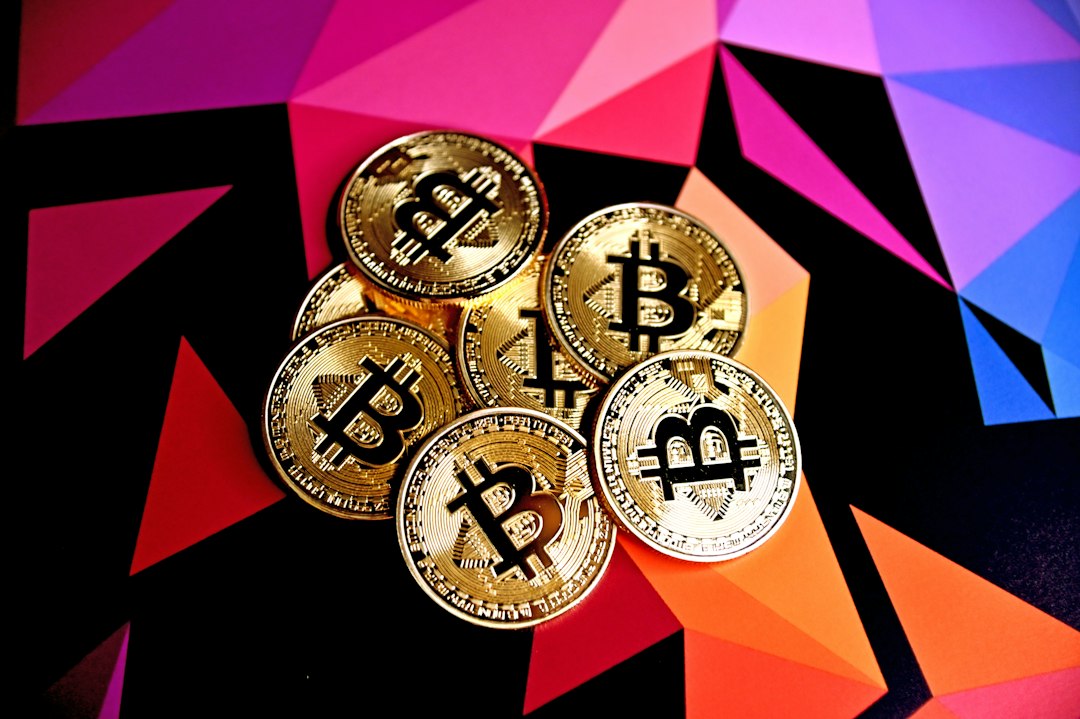The Regulation of Cryptocurrency: A Global Overview
The cryptocurrency industry has experienced exponential growth in the past decade, surpassing a market capitalization of $1 trillion in late 2021. However, regulation has struggled to keep up with the rapid pace of this industry. In this article, we will explore the major players in cryptocurrency regulation worldwide.
United States
– Securities and Exchange Commission (SEC): The SEC aims to enforce securities laws and protect consumers. It is grappling with the classification of cryptocurrencies and has targeted major crypto exchanges like Coinbase for possible securities laws violations.
– Commodity Futures Trading Commission (CFTC): The CFTC oversees crypto regulation when virtual currencies are used in derivatives contracts or if fraud or manipulation occurs. It considers most virtual currencies to be commodities.
– Internal Revenue Service (IRS): The IRS classifies cryptocurrencies as property, subjecting investors to capital gains taxes. This classification creates a significant burden for tax purposes.
Europe
– European Parliament: The European Parliament recently approved the Markets in Crypto Act (MiCA), the first comprehensive regulatory package for the cryptocurrency industry. It aims to reduce consumer risk and hold providers liable for the loss of investor assets.
– Financial Conduct Authority (FCA): In the UK, the FCA is responsible for regulating crypto activities. It plans to provide robust regulation to protect consumers and maintain consistent standards with traditional finance.
Asia
– People’s Bank of China: China has taken a strict stance on cryptocurrencies, banning financial and payment companies from participating in the crypto ecosystem. However, individuals are still allowed to hold crypto.
– Financial Services Agency (Japan): The FSA oversees cryptocurrency regulation in Japan, requiring exchange providers to meet anti-money laundering and terrorism funding obligations.
Hot Take
Cryptocurrency regulation is a complex and ongoing process. Governments and regulators are grappling with the classification and oversight of these digital assets. While some countries have taken a strict approach, others are working towards comprehensive regulatory frameworks. It is crucial for crypto enthusiasts and investors to stay informed about the evolving regulatory landscape to navigate this dynamic industry.





 By
By
 By
By
 By
By
 By
By

 By
By